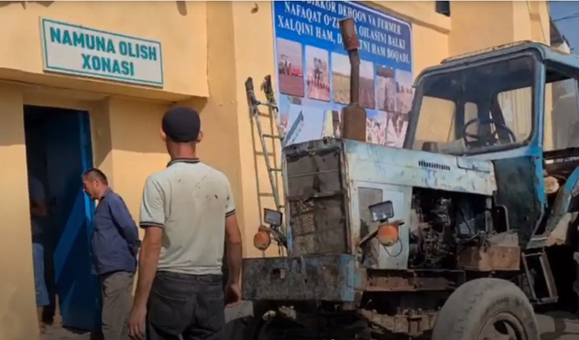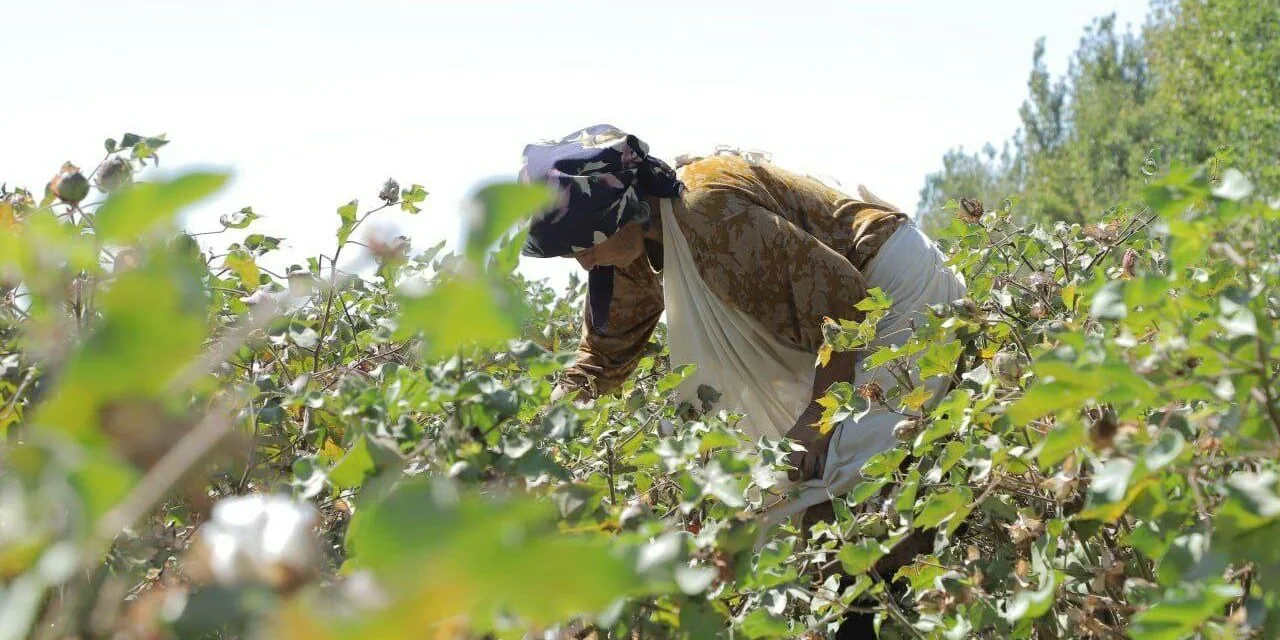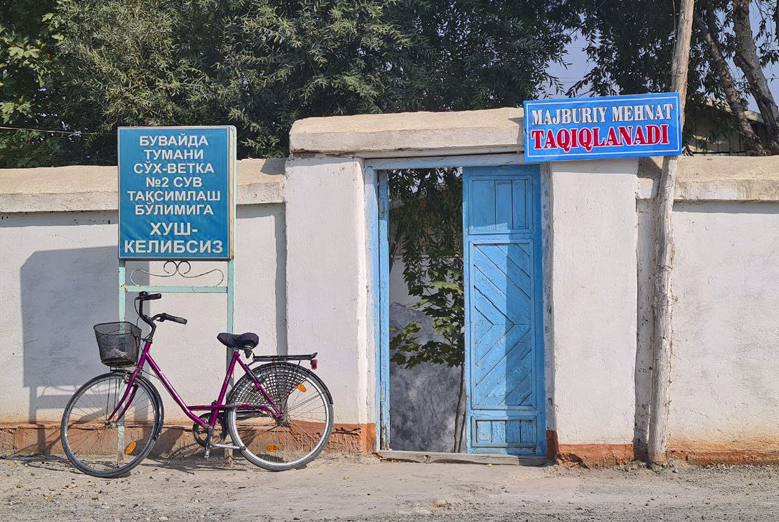Sourcing Journal: Can Uzbek Cotton Shake Off Its Forced Labor Problem?
2022 was supposed to have marked a turning point for Uzbek cotton, once synonymous with state-sanctioned slavery.
Joint Statement: Urgent Call on the IFC and the EBRD for Remedy and Accountability at Indorama Agro, Uzbekistan
On April 3, 89 civil society organizations signed a joint statement calling on the IFC and the EBRD to ensure remedy and accountability, for the severe and systemic violations at Indorama Agro cotton project, Uzbekistan.
The Diplomat: Pickers and Clusters: A Complex Array of Issues Confronts Uzbekistan’s Evolving Cotton Industry
The 2024 harvest saw a shortage of pickers, government backtracking on positive legislation, and issues stemming from the cotton cluster system; problems rooted in continued state efforts to micromanage the industry.
The Diplomat: New Regulations in Uzbekistan Effectively Impose Government Control on NGOs
Uzbekistan’s new regulations for NGOs impose government control and interference in the implementation of projects funded by foreign organizations or individuals. This poses difficult questions for international donors including the European Union, USAID, United Nations agencies, and others who make grants available to civil society organizations.
Uzbek Forum for Human Rights: The Door To Uzbekistan Has Opened But There Is A Risk It Could Slam Shut
Human rights activist Umida Niyazova spoke to Fergana News about a recent trip to her homeland and her impression of new realities after many years in exile.
Open Democracy: Recent workers’ victory reveals the rot in Uzbekistan’s public life
The much heralded privatisation of the Central Asian state’s cotton sector has led to claims of exploitation. But workers are fighting back.













